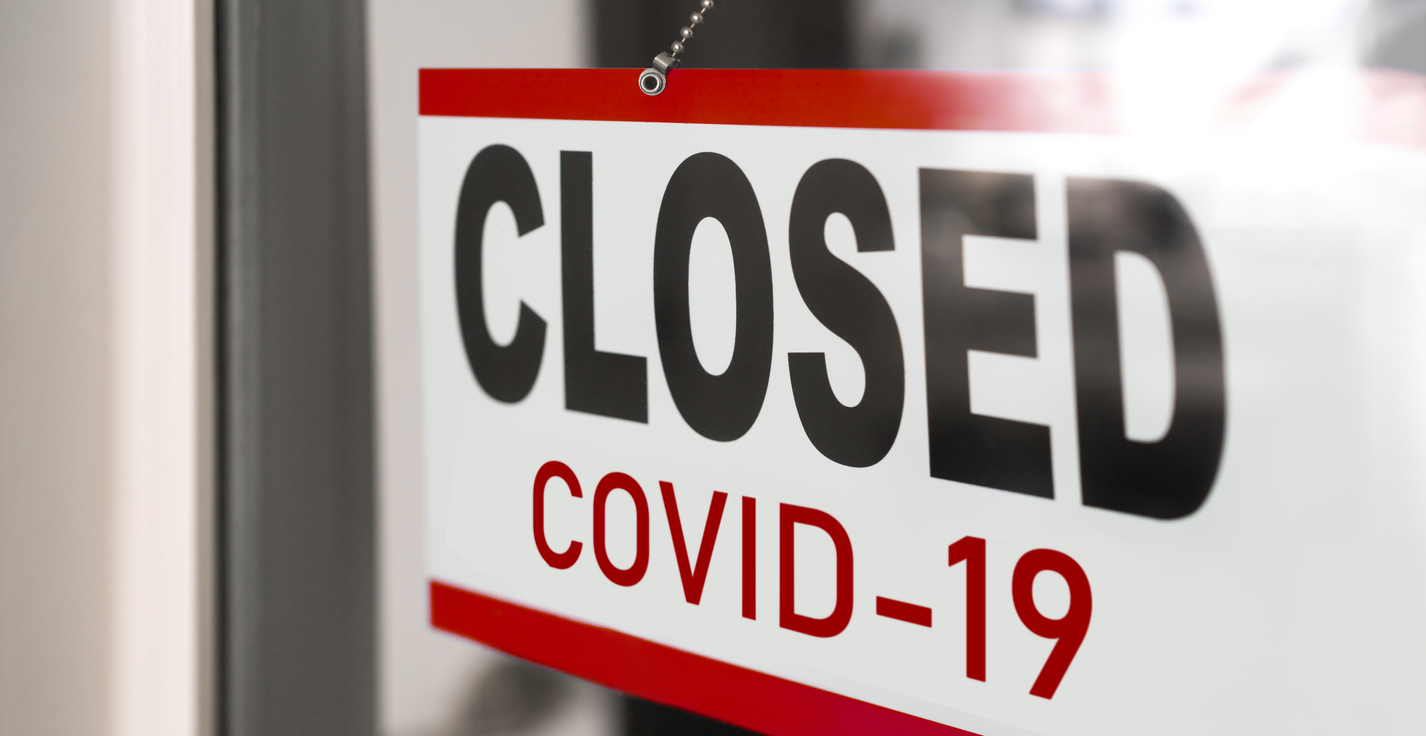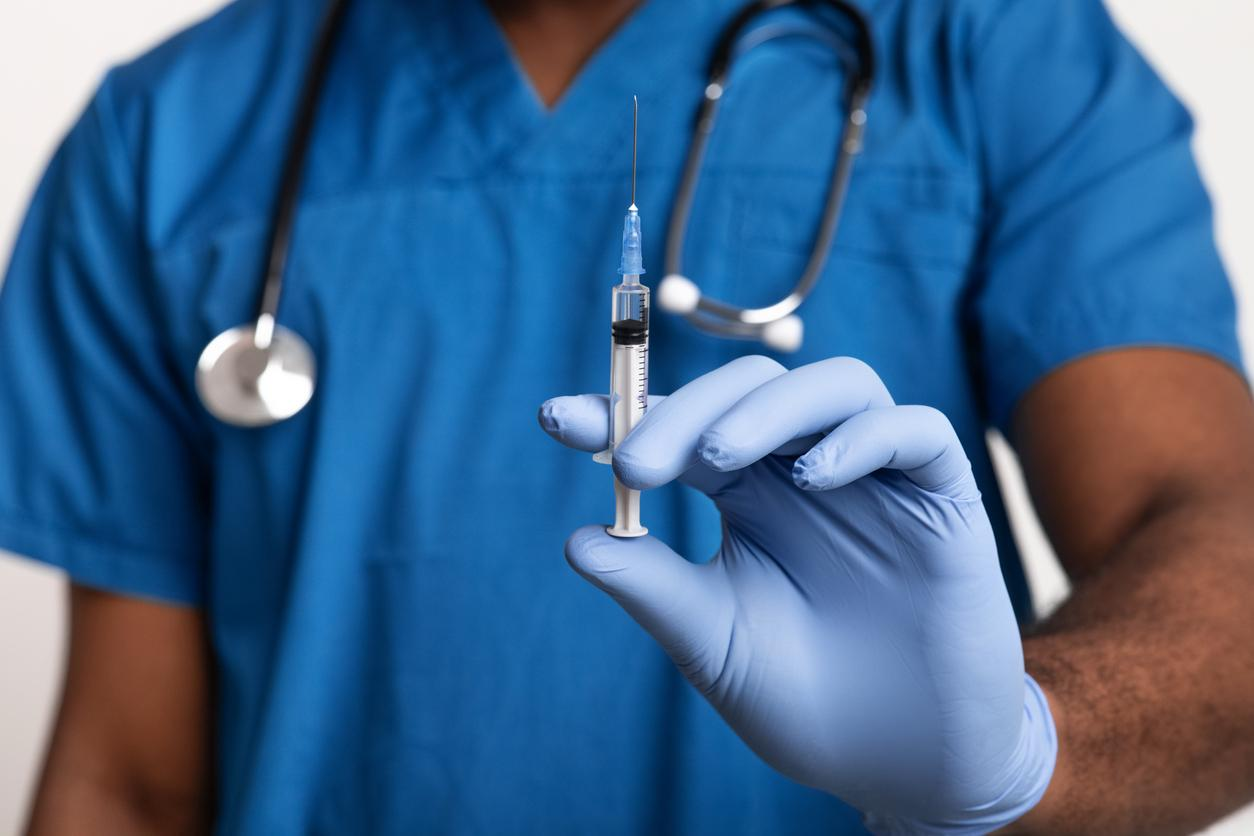
An analysis of global antimicrobial sales data suggests the decline in outpatient antimicrobial consumption (AMC) during the first two years of the COVID-19 pandemic was transient and likely linked to non-pharmaceutical interventions (NPIs), such as lockdowns, Japanese researchers reported last week in Clinical Microbiology and Infection.
Using the IQVIA MIDAS database, researchers from Japan's National Center for Global Health and Medicine examined monthly antimicrobial sales for 69 countries, comparing the change rate of AMC for 2020 over 2019, 2021 over 2020, and 2022 over 2021. While several studies have documented global decreases in AMC in 2020 and 2021, the persistence of the downward trend is unknown at the global level. But the study authors note that research by the US Centers for Disease Control and Prevention has shown a significant rebound in US AMC in 2022.
"If this reversal were in fact a global trend, it would mean that the success of AMR [antimicrobial resistance] control efforts is in part due to the COVID-19 pandemic, which in turn means that we must continue, as before, to focus on AMR countermeasures," they wrote.
Change in healthcare-seeking behavior
Of the 68 countries that had one or more changepoints in AMC after 2020, 61 experienced a decrease after the pandemic started in 2020, and 53 of 61 showed a reverse increasing trend in 2022. An interrupted time series analysis of G7 countries showed a decreasing trend in AMC after those countries implemented movement restrictions, and an increasing trend after restrictions were lifted.
The authors say the decreasing trend in antimicrobial use following implementation of movement restrictions was likely the result of fewer medical consultations and an indirect decrease in unnecessary antimicrobial use among the general population.
"In other words, this global decrease was not due to COVID-19 itself but was a consequence of the change in the healthcare-seeking behaviour of the general population, in addition to the reduced prevalence of infectious diseases caused by NPIs which include not only movement restrictions but also school closures, face covering recommendations and so forth," they wrote.
%20(1).jpg)














